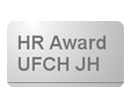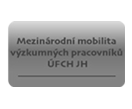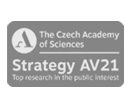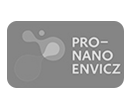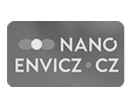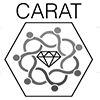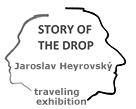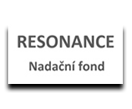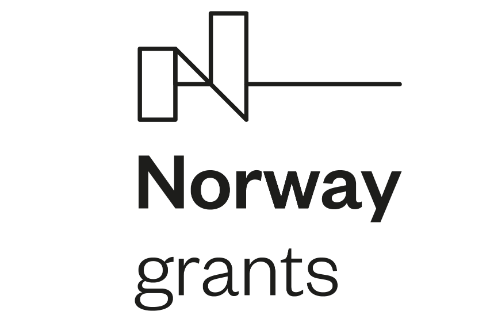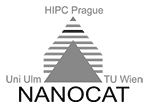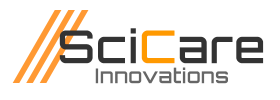The first approach to ESFRI Roadmap 2021 newcomers
ESFRI (European Strategy Forum on Research Infrastructures) organized an online Exchange of Experience (EoE) Workshop on the effective use of Horizon Europe Preparatory Phase and Individual Support funding, on November 15, 2021. The audience of over 100 participants consisted of ESFRI delegates, representatives of the European Commission, ESFRI Working Groups and Research Infrastructures.
The event aimed to provide a platform for effective, high-level interaction and networking among ESFRI Research Infrastructures (RI) projects and to gather information about best practices of advanced RI projects and lessons learned for ESFRI Roadmap 2021 newcomers and for RIs still in their preparatory phase.
The workshop consisted of the introduction delivered by ESFRI Chair Jan Hrušák (CZ) and Dominik Sobczak from the EC (DG Research & Innovation); of three dedicated panels (Governance and funding; Socio-economic impact, RI services and access to data; Legal issues) moderated by ESFRI Executive Board members - Inmaculada Figueroa (ES), Peter Wenzel-Constabel (DE), and Gelsomina Pappalardo (IT). Panel sessions were followed by a general Q&A session moderated by ESFRI Vice-Chair Yannis Ioannidis (EL), and the whole workshop was concluded by ESFRI Chair-elect Jana Kolar (SI).
ESFRI Chair Jan Hrušák highlighted the importance of the lifecycle approach in particular for ESFRI RIs: “We are witness to fast development and significant qualitative changes in the RIs landscape reflected in the well-balanced Roadmap. In comparison with the number of single-sited RIs, the number of distributed RIs increases much faster. Also, this trend contributes to the multidimensional connected ecosystem that is horizontally, vertically as well as intersectoral interlinked, which increases the RI outreach to diverse policy domains and influences the respective policies. The Covid-19 pandemic clearly demonstrated how important the RIs are for increasing the societal resilience and mastering societal threats.“ Jan Hrušák concluded his presentation by stating that „The lifecycle approach together with long-term sustainability are two important policy concepts developed by ESFRI, which have shaped the policy messages assembled together in the ESFRI White Paper - Making Science Happen – A new ambition for research infrastructures in the new European research area.(ERA). This document will shape the future RIs policy in the years to come”.
The first Panel brought attention to the definition of management structures and the implementation of a functional management team. It also clarified the need and importance of adequate business plans, the need for stakeholder commitments and the complementarities between national and EU instruments and/or innovative financing solutions.
The second Panel focused on socio-economic impact tackled the importance of defining measurable and credible Key Performance Indicators (KPIs), the development of plans for the provision of RI services, the provision of access to data and data management plans.
Speakers at the third Panel, dedicated to the legal issues, introduced the identification of the most appropriate legal structures for RIs (such as ERIC, national public/private legal entities, etc.) including the location of the RI seat and its (national) nodes, legal issues such as Intellectual Property Rights (IPR), staff (HR), procurement, the consequences of legal commitments and framework contracts with multiple partners, and involved legal services, expertise etc.
In her workshop conclusion Jana Kolar, the ESFRI Chair-elect, stressed that RIs are an integral element of ERA bringing together not just other RIs, but also other actors like universities, technology infrastructures, partnerships, missions etc. She also emphasized that for the establishment of a successful RI the change of approach is needed - not to look just after scientific achievement. but also after societal impact.








